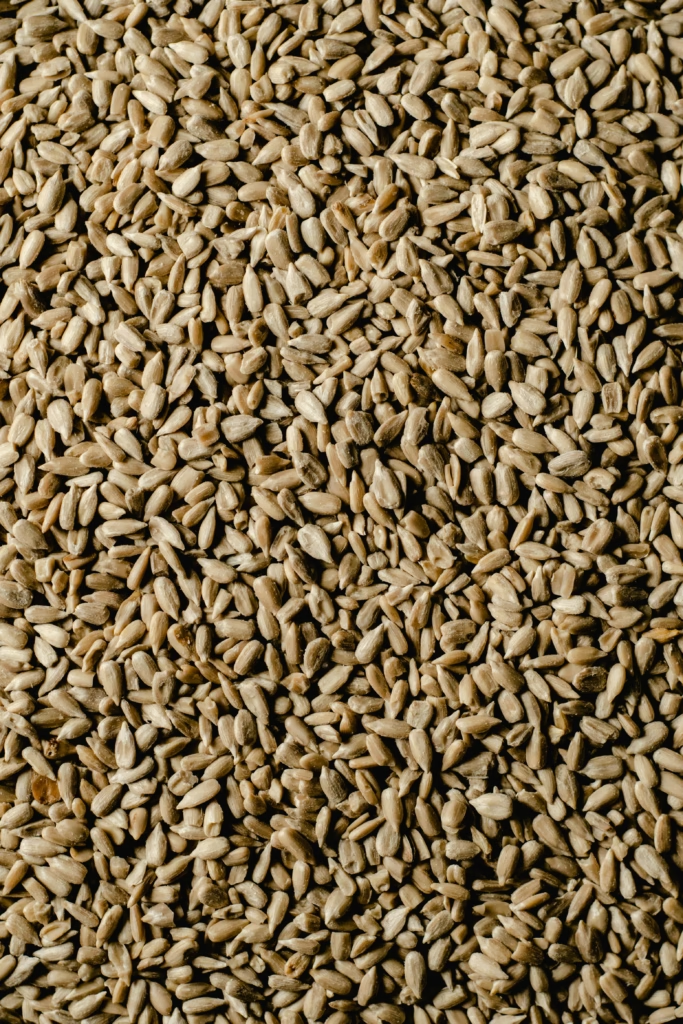
Introduction
African oilseeds are rapidly becoming a crucial component of the global food supply chain. With rising demand for edible oils, plant-based proteins, and sustainable agricultural practices, African oilseeds are gaining attention from international buyers and food manufacturers. Countries across Africa are leveraging their rich agricultural landscapes to produce high-quality oilseeds such as sesame, sunflower, soybean, and groundnut. As global markets shift towards healthier and more sustainable food sources, the role of African oilseeds in meeting these needs cannot be overlooked.
The Growing Demand for African Oilseeds
The demand for African oilseeds has seen a significant surge due to several factors:
- Rising Global Population: With the world’s population projected to reach 9.7 billion by 2050, the need for food production, particularly plant-based oils and proteins, is expected to increase dramatically.
- Health Consciousness: Consumers are becoming more aware of the benefits of plant-based diets, fueling demand for healthier oils such as sunflower and sesame oil.
- Sustainable Agriculture Trends: African countries are adopting sustainable farming techniques that align with global expectations for environmentally friendly agricultural practices.
- Trade Expansion: Africa’s participation in global trade agreements has opened up new markets for oilseed exports.
Key African Oilseeds and Their Global Impact
1. Sesame Seeds
Africa is one of the largest producers and exporters of sesame seeds. Countries like Nigeria, Sudan, and Ethiopia dominate the global sesame trade. The high oil content and nutritional value of African sesame make it a preferred choice for food processors worldwide.
2. Sunflower Seeds
Sunflower seeds from African nations like Tanzania and Uganda are in high demand due to their versatility in producing cooking oils, snacks, and animal feed. The cold-pressed sunflower oil market is also growing, as consumers seek minimally processed, healthier oil options.
3. Soybeans
Nigeria and South Africa are emerging as key players in soybean production. With the global rise in plant-based protein consumption, African soybeans are increasingly sought after for tofu, soy milk, and animal feed production.
4. Groundnuts (Peanuts)
West African countries such as Senegal and Ghana have long been major producers of groundnuts. With applications in peanut oil production, snacks, and peanut butter, the demand for African groundnuts continues to rise in international markets.
Challenges Facing the African Oilseed Industry
Despite the promising opportunities, African oilseeds face several challenges:
- Quality Control Issues: Inconsistent quality and lack of proper processing facilities can make it difficult for African exporters to meet stringent international standards.
- Infrastructure Limitations: Poor transportation networks and storage facilities often lead to post-harvest losses.
- Market Access: While demand is growing, many African countries struggle with trade barriers, tariffs, and limited market information.
- Climate Change: Unpredictable weather patterns can significantly affect oilseed production, impacting both yield and quality.
The Future of African Oilseeds in Global Markets
- Investment in Processing Facilities
- To compete with major exporters, Africa must enhance its local processing capabilities, reducing the reliance on exporting raw oilseeds and increasing value-added products such as refined oils and packaged seeds.
- Improving Agricultural Practices
- By adopting modern farming techniques, African farmers can boost yields and ensure consistent quality, making African oilseeds more competitive globally.
- Expanding Trade Partnerships
- Strengthening trade relations with key markets like the EU, Asia, and North America will ensure a steady demand for African oilseeds.
- Encouraging Sustainable Farming
- Governments and private sectors should promote eco-friendly farming techniques, which not only increase productivity but also appeal to international buyers focused on sustainability.
Conclusion
The global food market is evolving, and African oilseeds are poised to play a pivotal role in shaping its future. With abundant natural resources, increasing international demand, and improved agricultural practices, Africa is becoming a significant supplier of high-quality oilseeds. Addressing challenges such as infrastructure limitations, quality control, and market access will further strengthen Africa’s position in the global food supply chain. As investments pour into the region, the future of African oilseeds looks promising, providing economic growth and food security for both local and international markets.











Add comment